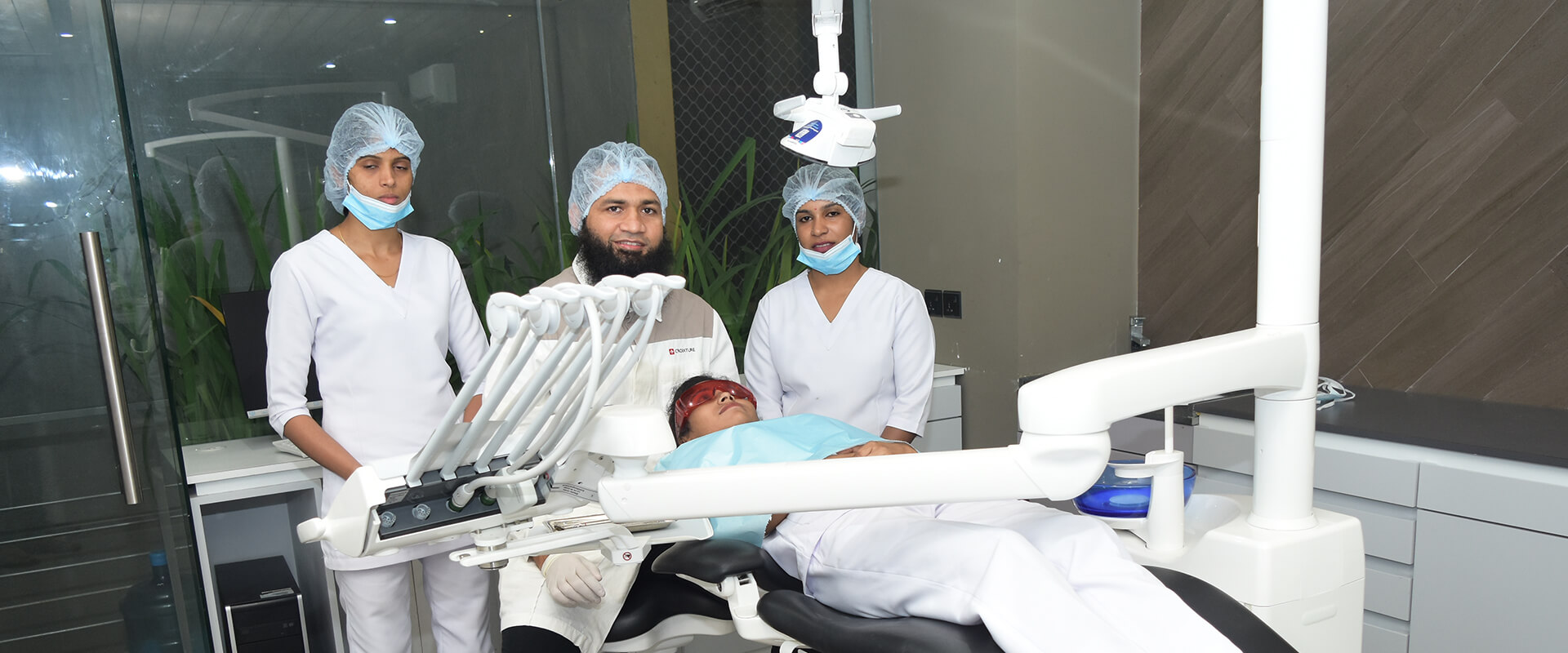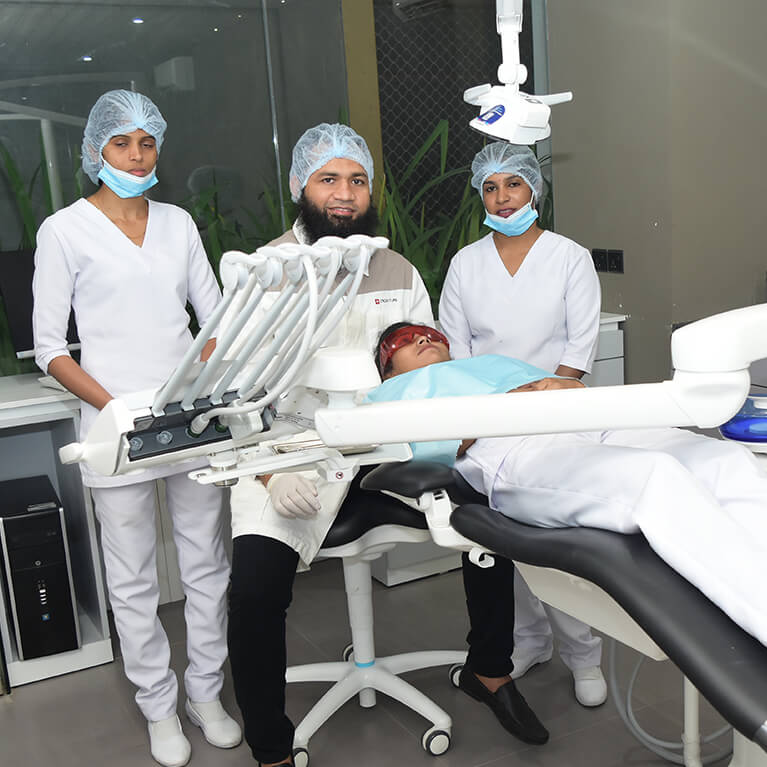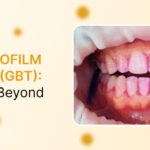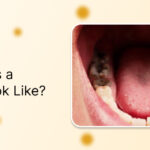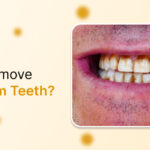10 Common causes behind sour or bitter taste in your mouth
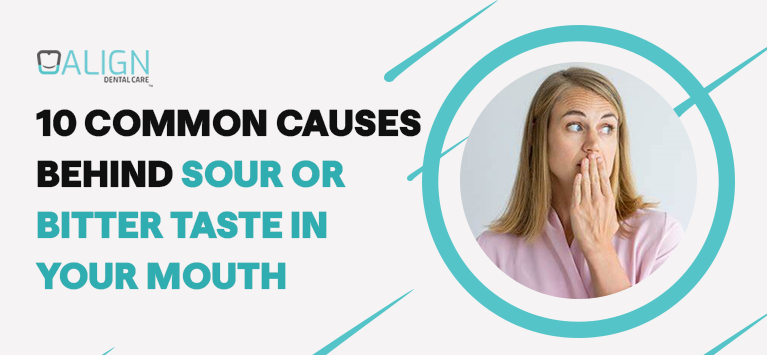
It is expected to have a sour taste in your mouth when you eat something bitter, such as chicory or black coffee. It is not natural to have a persistent bitter taste in your mouth, irrespective of what you eat or drink, and may signify one of several conditions of health. It is not always a serious problem to have a bitter taste in your mouth, but this can conflict with your daily life and impact your diet.
Some of the causes of sore or bitter taste in your mouth are
1) Dry mouth
The dry mouth sensation, also defined as xerostomia, may be caused by a reduction in salivary production or a change in saliva composition. Some of the factors that cause dryness in the mouth are age, some drugs, Sjögren syndrome (an autoimmune disease that cause excessive dryness in eyes and mouth), and Cigarette smoking
2) Dehydration
One of the simple reasons
for sour taste is of not drinking enough water. Dehydration will dry your mouth
and alter your taste. To improve your hydration, drink at least six to eight
glasses of water every day
3) Zinc Deficiency
Deficiency in zinc is also
a major cause of taste disturbance. Zinc boosts the concentration of a protein
called gustin. Our body uses this to produce taste buds. This deficiency in
zinc may be associated with a shortage of zinc in a diet, low zinc absorption
in the intestines, and the use of some chronic medicines.
4) Smoking
Another common reason is smoking. It also lessens your taste sense and may leave your mouth with an unpleasant taste or sour. Smoking also affects preventable diseases and causes death.
5) Acid reflux or Gastroesophageal reflux disease (GERD)
There will be a muscle that opens and closes the openings in between the stomach and the esophagus. After eating, if that muscle doesn’t close properly, the acid in our stomach and food will travel back to the esophagus. This is another reason for sour or bitter taste in your mouth.
6) Illness
When you have sinus, cold, or other infections, your body automatically generates some kind of proteins from different cells of the body. These proteins will affect the taste buds, so if you are sick, you will feel some bitterness or sour. When you get cured, the sour taste also gets away.
7) Medications
Not only infection or sickness leaves bitter taste in your mouth, but the medicines that you are taking to cure this sickness also have some remnants that will be excreted into the saliva. If those medicines have bitterness or metallic elements such as antibiotic tetracycline, lithium, and certain cardiac drugs, they produce a bitter taste in your mouth.
8) Burning mouth syndrome
As the name indicates, burning mouth syndrome causes a feeling of scalding or burning sensation in the mouth that may be very painful. Such symptoms might occur in one or all parts of the mouth. It can also cause a dry mouth feeling and a sour or metallic taste.
9) Pregnancy
The female estrogen hormone will fluctuate during the pregnancy period. Hence they will feel some bitter taste or metallic taste in their mouth. This bitter taste will get away after giving birth.
10) Poor oral hygiene
If you don’t brush and
floss regularly, it causes a sour taste in your mouth. You should brush your
teeth twice a day and floss at least once a day. Maintaining good oral hygiene
keeps your taste buds fresh.
Some tips to get rid off the bitter taste
- Drink more amount of water
- Chew sugar-free gums
- Brush and floss regularly
- Go for regular dental check-ups
- Avoid fatty or spicy foods
- Stop smoking cigarettes
- Limit alcohol consumption
Following good oral hygiene is essential, as it protects you from various other health issues.
Simple tips to remove smoking stains from your teeth
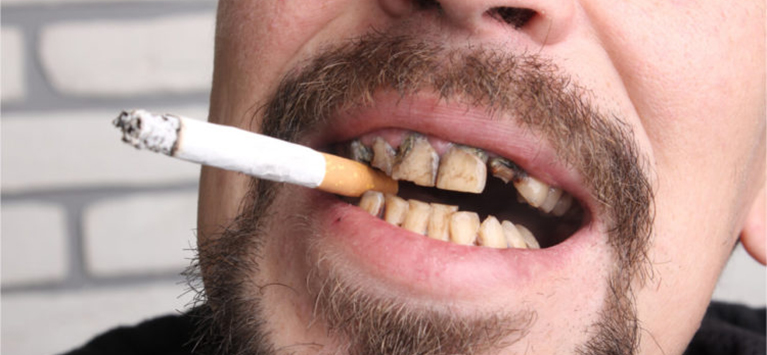
Are you embarrassed to smile because of nicotine stains on your teeth? Do you want tips to keep your teeth white and bright? Did you know that teeth have pores just like the skin? If you are a smoker, your teeth will be stained and discolored. The pores absorb the nicotine and though it is colorless, it turns yellow due to exposure to oxygen. Even electronic cigarettes with its nicotine steeped ejuice will discolor the teeth. Because of each individual habit of inhaling the smoke, some of the teeth turn darker than the others.
Read More…Important tips to prevent gum disease during pregnancy

Pregnancy is one of the most important time periods for any woman and it is vital that health is maintained in top-notch condition throughout pregnancy. Here, in this article, let us talk about some important tips that ought to be considered to make sure that oral health is maintained in good order:
Read More…Tips on handling the broken or knocked-out teeth
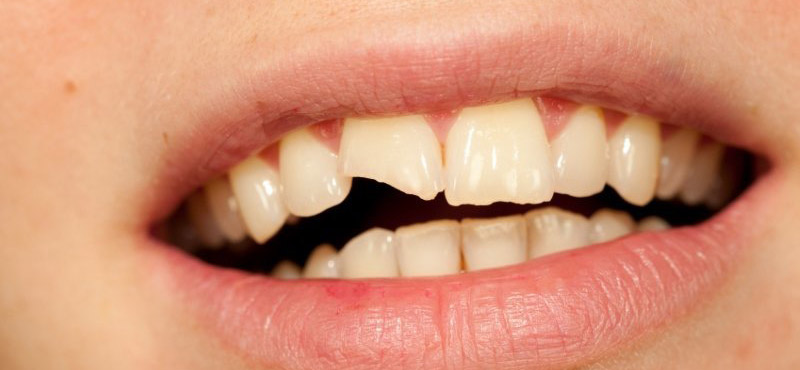
There are myriad reasons for broken teeth. Here, in this article, let us talk about how to handle broken teeth if and when it happens.
Broken teeth are especially common amongst children. Millions of children have broken teeth every year but broken tooth in most cases doesn’t mean it is a lost cause. Here in this article, let us talk about the steps that need to be taken and how to handle broken or knocked-out teeth:
- When a tooth breaks down, there are a number of parts such as nerves, blood vessels and supporting tissues that are damaged as a result of the accident. This is why you ought to realize time is very crucial.
- Act swiftly and take immediate steps within a span of 30 minutes. Try to find the teeth as soon as possible in the site of the accident, pick it up and gently wash it with a stream of water.
- Make sure that you don’t touch the root of the teeth.
- Try to put the teeth in your socket and ensure that your mouth is moist all the time whilst rushing to a dentist as soon as you can.
- If you can’t manage to put your teeth in the socket, it is vital that you keep the teeth in drinking water (and not tap water) and rush to a dentist as soon as you can.
- Get to your dentist with an emergency appointment. He/she will be able to guide you in the next steps.
- If the tooth is dirty, it is mandatory that you hold the teeth by the crown and insert it in milk to cleanse it. The least you can do is put it in water if there is no alternative.
What steps will the dentist undertake:
After reaching the dentist, he/she will evaluate the options and try to re-insert the teeth within an hour from the incident.
He/she may perform an operation such as a root canal procedure. If the tooth was outside for a long time, he/she might use a composite material during the procedure.
After the procedure is done. Make sure you undertake a dental checkup after a couple of months.
Tips to care for Dental Implants

Dental implant surgery has been one of the most popular oral surgeries in recent times. Dental implants are performed for a myriad of reasons and help provide relief to patients. Right from replacing a missing tooth to reducing the impact of an accident, dental implants are indeed very diverse when it comes to their applications.
Read More…Poor Dental Habits that put your teeth at risk
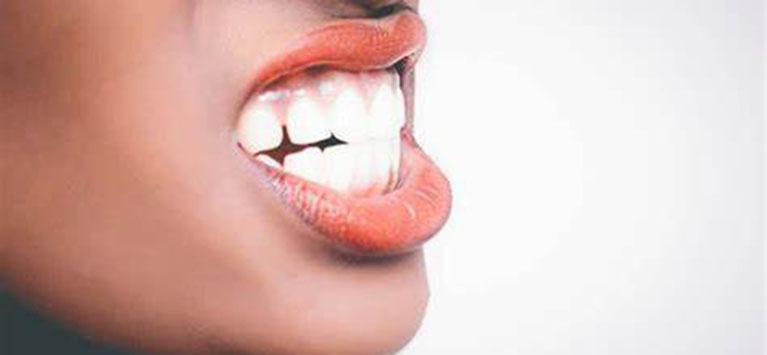
Habits maketh or break a person. Especially when it comes to your health, the choices you make have a lasting impact on the body. In this article, let us talk about some common dental habits that people follow which put their teeth at risk of an ailment/injury.
Read More…Benefits of using an Electric Toothbrush
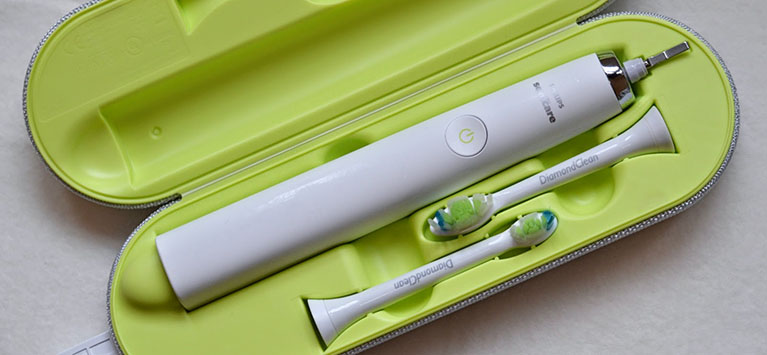
Electric toothbrushes are increasingly becoming more popular these days. Whilst they are still not in mainstream culture, electric toothbrushes are preferred by the early adopters since they offer a myriad of advantages when compared to traditional brushes. Here, in this article, let us talk about why electric toothbrushes appeal to the early adopters.
Read More…Tips to avoid gum diseases for diabetic persons

Gum disease, also known as periodontal disease, is the sixth most common disease in the world. People with diabetes are more likely to experience gum disease if they’ve had poor blood sugar levels for a long period of time. Because high blood sugar levels lead to damage to blood vessels, this reduces the supply of oxygen and nourishment to the gums, making infections of the gums and bones more likely.
Read More…Negativities of ordinary mouthwashes
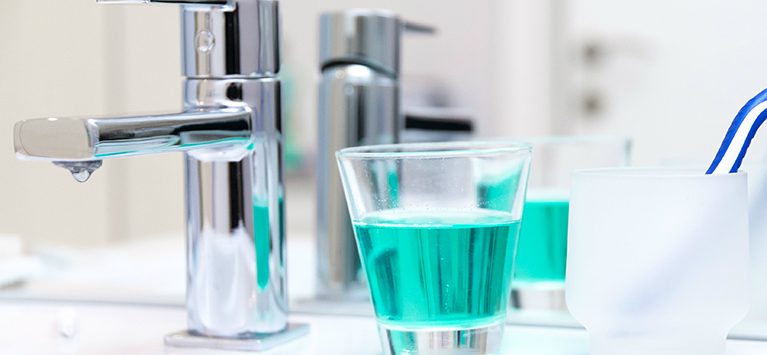
Using mouthwash is known to keep breath fresh and avoid the build-up of various bacteria in between the corners of the teeth. There are different types of mouthwashes available in the market such as everyday-care formulas, alcohol-free variants, and herbal blends, all of which are designed to promote oral health, good hygiene and fresh breath. Rinsing with mouthwash is done in order to keep breath fresh and prevent the build-up of bacteria, cavities, and plaque in the mouth.
Read More…Dental care tips to be followed during Pregnancy

Being pregnant comes with many responsibilities—and the way you care for your teeth is no exception. For most women, routine dental visits are safe during pregnancy, but let your dental office know what month you are in when you make your appointment. It’s important for you to take good care of your teeth and gums while pregnant. Pregnancy causes hormonal changes that increase the risk of developing gum disease which, in turn, can affect the health of your developing baby
Read More…




